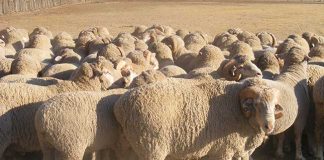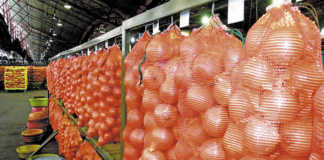“Vibriosis exerts an economic impact by causing infertility and [the] reduced productivity of infected herds,” Dube said at the recent Agricultural Research Council (ARC) farmers’ day at the Armoedsvlakte research station near Vryburg in North West.
Vibriosis, caused by the campylobacter fetus bacteria, was spread to cows by infected bulls.
“Bulls often remain infected without any [clinical] signs,” Dube explained.
According to Dube, while cattle could develop immunity to the disease, they could become susceptible again after a year.
“Fertilisation in infected cows is between 65% [and] 75%. Uterine infections result in foetal deaths, with permanent infertility in female animals possible,” Dube said.
Affected cows had prolonged irregular cycles and would only conceive after multiple matings.
“Usually there [are] no specific clinical signs, but a large proportion of cows return to oestrus after service, and reduced calving percentages and pregnancy rates are noticed in infected [herds]. Abortions after six months of [gestation] [may] also occur,” Dube said.
Around three to four sheath washes per bull had to be performed to determine infection.
Dube advised farmers not to borrow bulls without veterinary certificates that indicated the animals were vibriosis free. He added that vaccination and keeping animals in closed herds could stop the spread.











